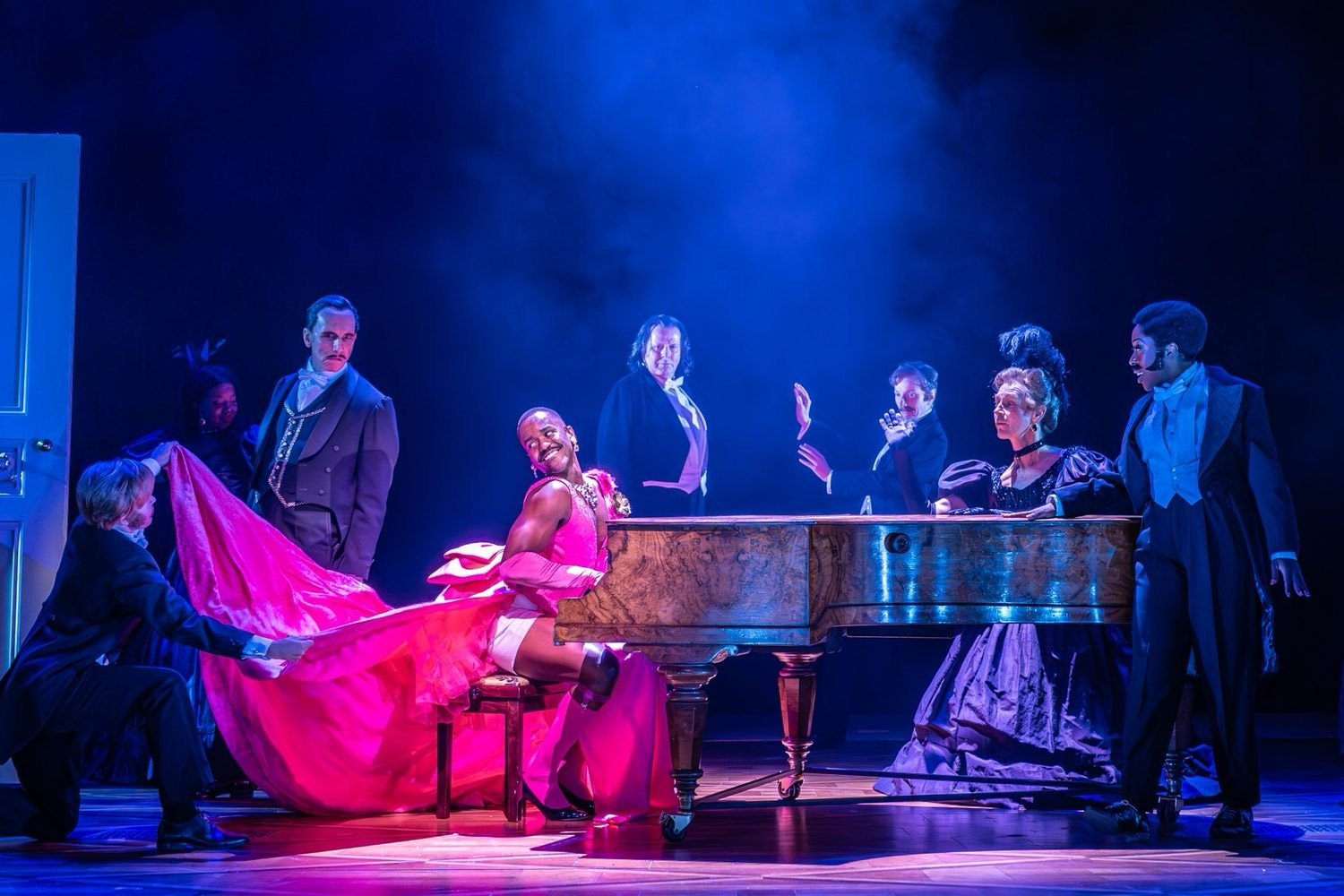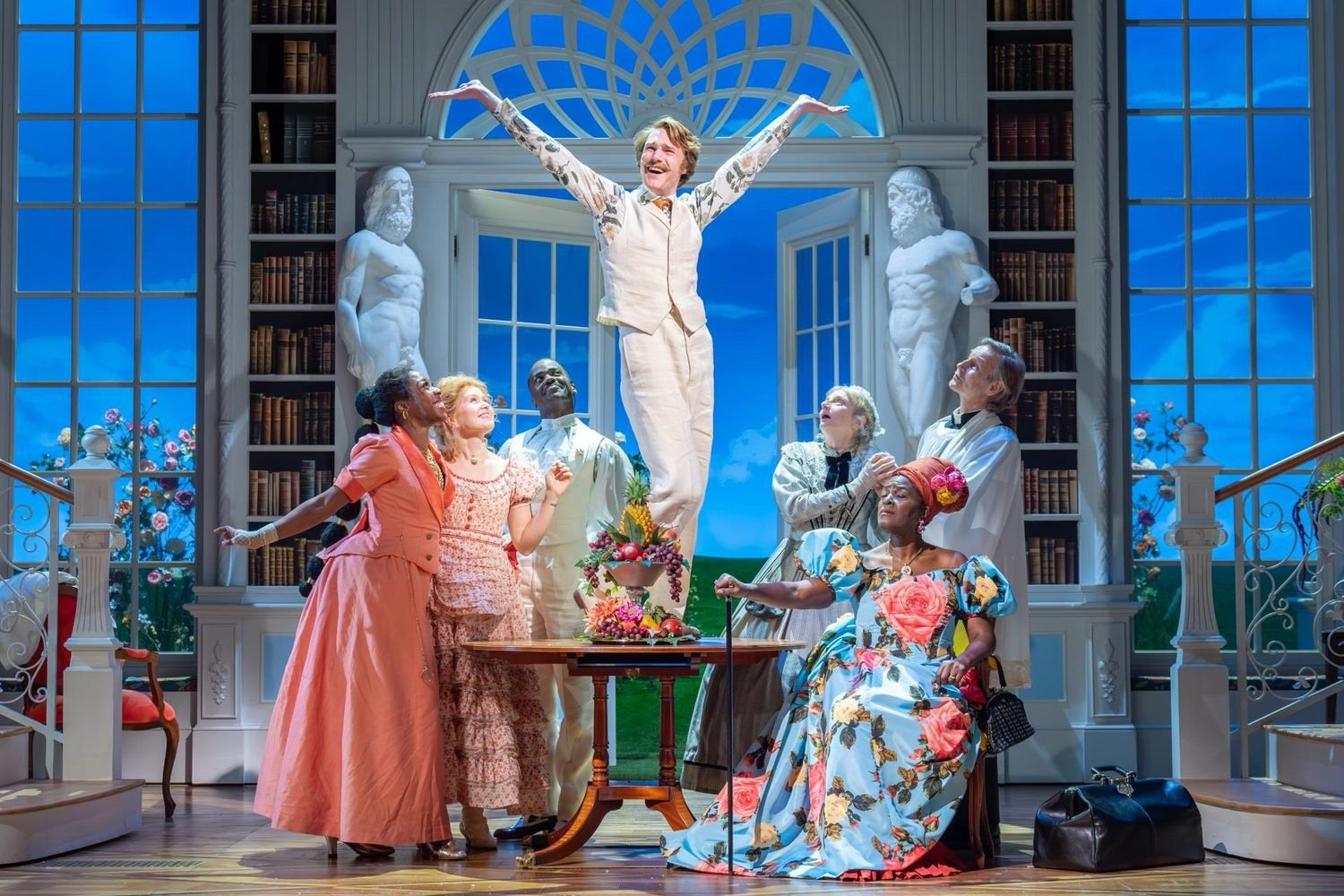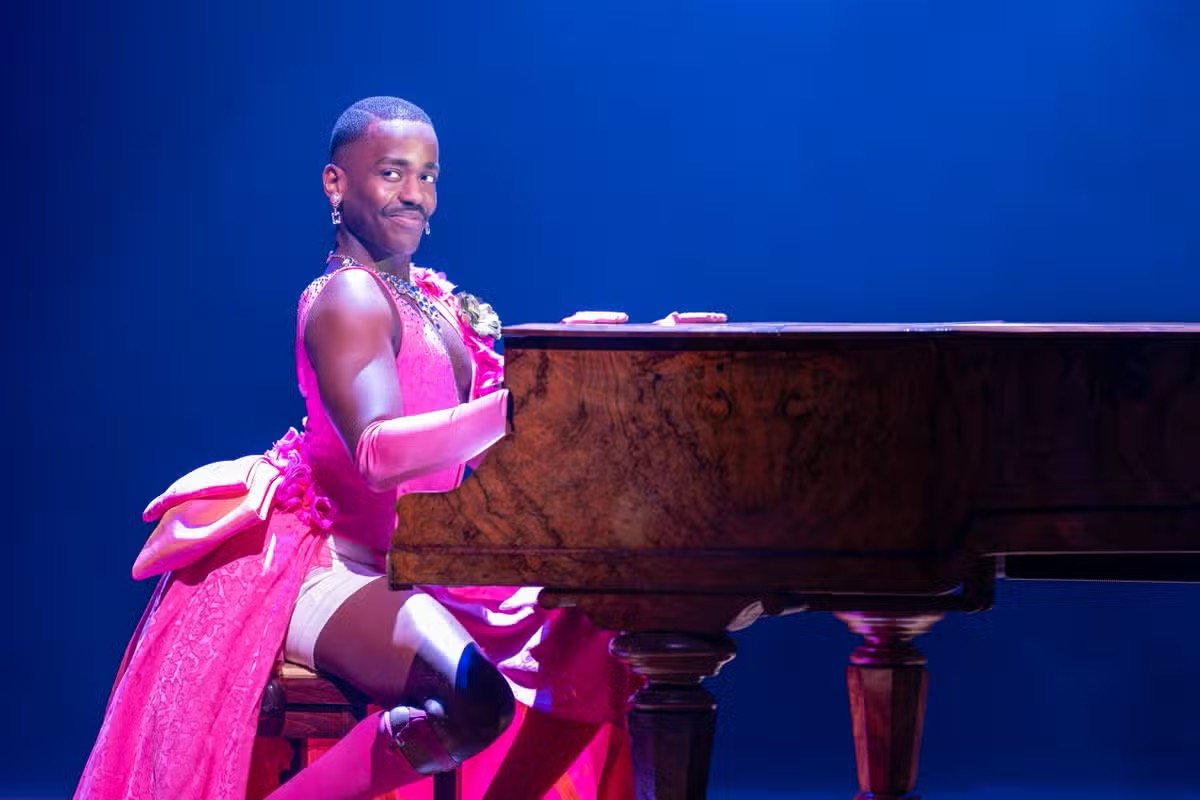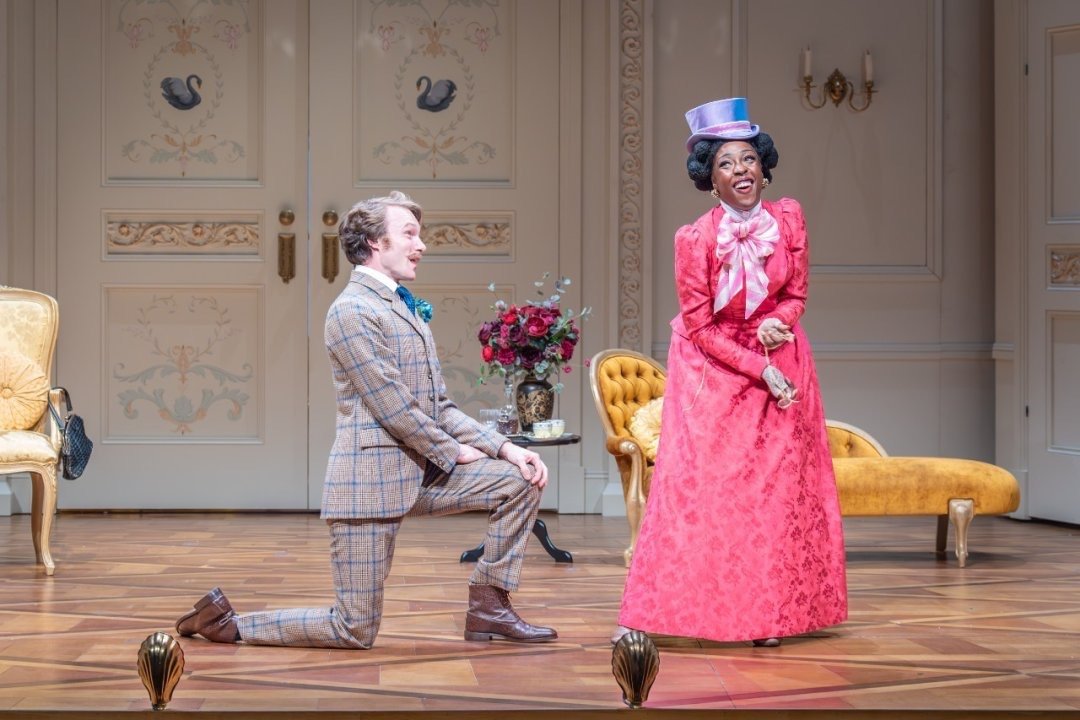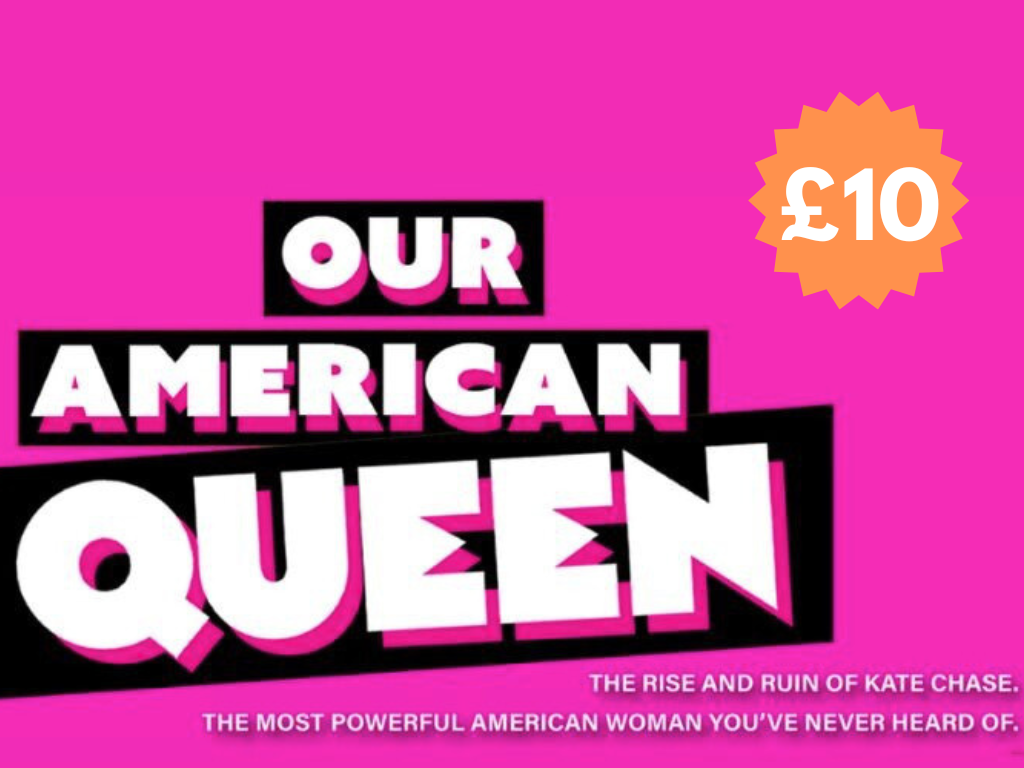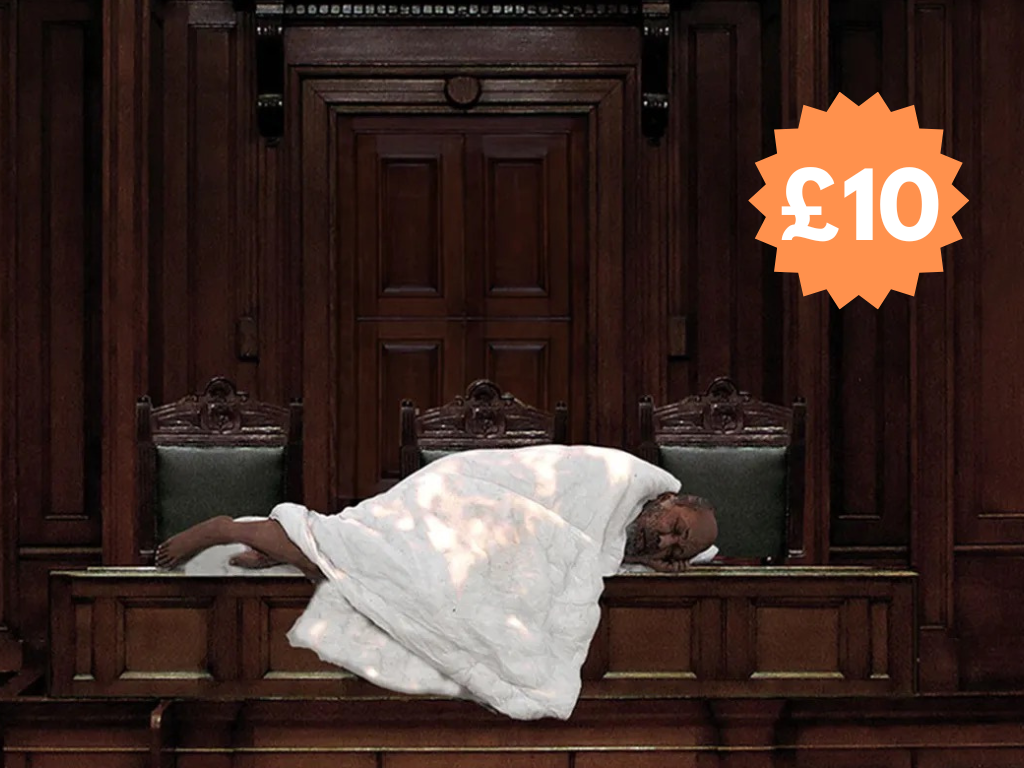“The Importance of Being Earnest”
My Theatre Confidences 🤫
THE IMPORTANCE OF BEING EARNEST
National Theatre till 25 January
at a glance…
I loved how this production refuses to tidy up Wilde's story. There's a messiness to identity, to love, to community—one that is vital, particularly when considering marginalized experiences. Max Webster's direction celebrated that messiness. The humor didn't just laugh at the characters but also invited us to laugh at the structures that trap us all—systems of gender, class, and privilege—without shying away from the pain those structures cause.
Growing up queer in a rural area, Oscar Wilde meant everything to me. When we started studying him at school, it was the first time I heard homosexuality being mentioned officially and publicly in a classroom. My English teacher didn’t go much in depth about queer identities or how Wilde deconstructs sexuality in his writing, but just hearing his name and his story felt liberatory. Here was a man who defied the norms of his time, who found joy and wit in the cracks of societal expectation, and whose work resonated with a truth I couldn’t yet articulate. Watching this production of The Importance of Being Earnest brought all of that back for me—a reminder of how powerful Wilde’s voice still is and how much queerness can live, unapologetically, on a stage.
When Oscar Wilde wrote The Importance of Being Earnest, I wonder if he could have anticipated how powerfully his work would resonate in reimaginings like this one—a production that so sharply unpacks identity and performance. Max Webster's vision isn't just a revival—it's a radical reimagining that transforms Wilde's comedy into a profound meditation on authenticity.
For those unfamiliar, The Importance of Being Earnest is a farcical comedy that follows two bachelors, Jack and Algernon, who create alter egos named "Ernest" to escape their social obligations and pursue love. Jack is in love with Gwendolen, and Algernon with Cecily, but both women believe they are engaged to a man named Ernest. Chaos ensues as identities are mistaken, secrets are revealed, and Wilde playfully exposes the absurdities of societal conventions and romantic ideals.
Max Webster's production isn't content with mere wit; it excavates the raw humanity beneath Wilde's satirical surface. The staging—part Victorian dreamscape, part queer liberation manifesto—immediately signals we're in for something extraordinary. Those opulent sets aren't just backdrops; they're metaphorical landscapes of performance and concealment.
Ncuti Gatwa's Algernon was a revelation. His performance wasn't just charming; it was a deconstruction of performative masculinity. Each gesture, each flirtatious glance carried the weight of queer experiences—showing how we adapt, survive, and ultimately thrive by playing with identity's boundaries.
And Sharon D. Clarke's Lady Bracknell? Oh wow! Her razor-sharp humor does more than entertain—it surgically dissects class, power, and societal expectations. Clarke transforms a potentially caricatured role into a nuanced commentary on how structural inequities persist, merely changing costume between historical periods.
Ronkẹ́ Adékọ́luẹ́jọ́ and Eliza Scanlen's Gwendolen and Cecily are particularly revelatory. They're not romantic props, but complex agents of their own desires. Their fixation on "Ernest" becomes a multilayered exploration of agency, control, and the often absurd mechanisms through which marginalized individuals negotiate power. Together, they hinted at a solidarity that transcended romance, adding a refreshing queer subtext to their dynamic.
What struck me most about this production was its triumph of radical joy. Max Webster didn't just direct The Importance of Being Earnest; he cracked open the theatrical form itself, letting queer possibility spill out like glitter and lightning. Every moment felt like an act of gorgeous rebellion. The characters weren't just performing—they were transforming. Identities became fluid landscapes, social constraints crumbling like fragile illusions. This wasn't hidden subtext—this was pure, unapologetic declaration of desire and defiance.
The production didn't just challenge norms; it annihilated them with laughter so powerful it could reshape reality. Each joke was a weapon, each moment of playfulness a radical act of self-determination. Wilde's wit became a sledgehammer, smashing through the glass houses of respectability, privilege, and prescribed identity. A map for how marginalized bodies can not just exist, but gloriously thrive. The stage became a promise—where masks dissolve, authenticity blooms, and joy becomes our most powerful rebellion.
I loved how this production refuses to tidy up Wilde's story. There's a messiness to identity, to love, to community—one that is vital, particularly when considering marginalized experiences. Max Webster's direction celebrated that messiness. The humour didn't just laugh at the characters but also invited us to laugh at the structures that trap us all—systems of gender, class, and privilege—without shying away from the pain those structures cause.
The earnestness in this production went beyond the name itself; it was rooted in care—care for the text, for the characters, and for us as the audience. It asked us to consider the masks we wear, why we wear them, and what it might mean to begin to let them slip. And, just as importantly, it let us laugh as we figured it out together. This Earnest reminded me that there's joy and liberation in embracing our contradictions and complexities—especially on a stage as big as the National Theatre's.
My Way of Looking at Theatre
You know, the more I think about it, the clearer it becomes that traditional theatre criticism has often been a tool for maintaining existing power structures.
It’s time to drop the privileged fancy talk around theatre and break free from star ratings.
